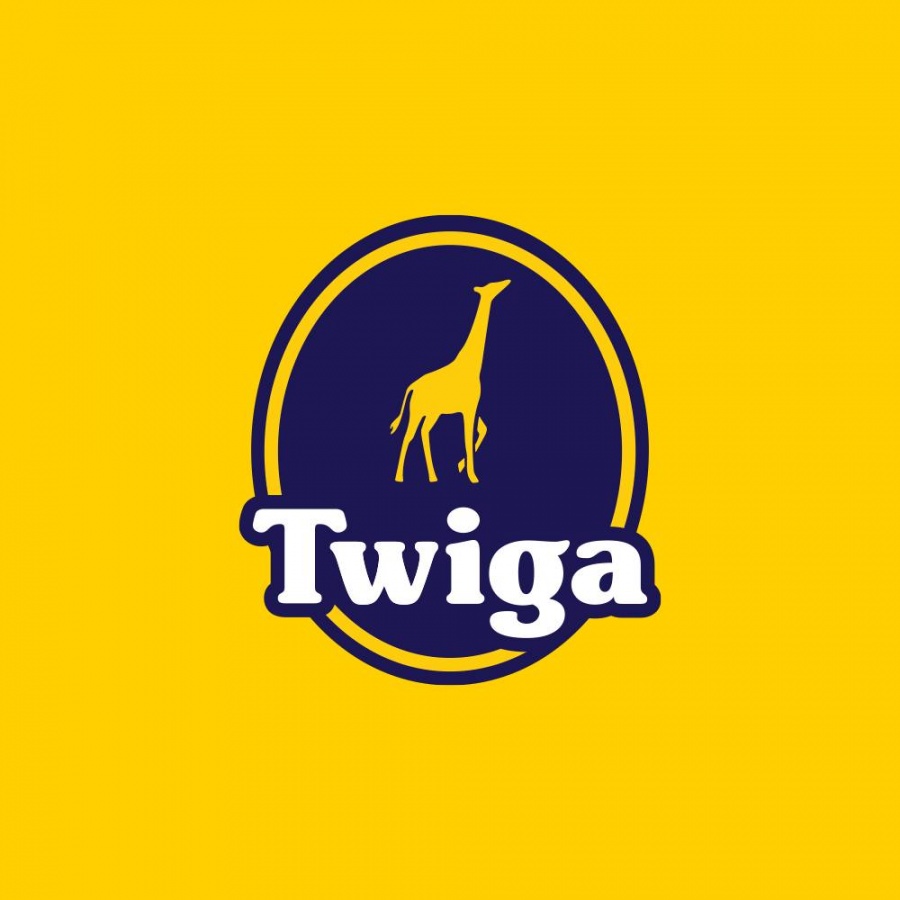
In the heart of Kenya, a revolutionary agribusiness is transforming the agricultural landscape and providing a blueprint for success across Africa. Twiga Foods, a mobile-based supply platform, has become a beacon of innovation, bridging the gap between farmers and markets. This case study delves into Twiga Foods’ journey, its impact on the agricultural value chain, and the lessons that can be applied to agribusinesses across Nigeria and the rest of Africa.
The Challenge: Inefficiencies in the Supply Chain
Before Twiga Foods’ inception, Kenyan farmers faced significant challenges in accessing markets. Traditional supply chains were plagued with inefficiencies, including poor infrastructure, high transportation costs, and the prevalence of middlemen who exploited both farmers and retailers. These obstacles resulted in post-harvest losses, low farmer incomes, and inflated prices for consumers.
The Solution: Twiga Foods’ Innovative Approach
Founded in 2014 by Peter Njonjo and Grant Brooke, Twiga Foods set out to streamline the agricultural supply chain using technology. The company’s mission was clear: to provide a reliable and efficient marketplace for fresh produce by leveraging mobile technology and data analytics.
Connecting Farmers to Markets
Twiga Foods developed a mobile platform that allows farmers to sell their produce directly to retailers. By cutting out middlemen, Twiga ensures that farmers receive fair prices for their crops while retailers benefit from lower costs and consistent supply. The platform uses data to forecast demand, optimize delivery routes, and reduce waste. A smallholder farmer in rural Kenya can now use Twiga’s mobile app to list their produce. Once an order is placed, Twiga’s logistics team arranges for the produce to be picked up and delivered directly to urban retailers. This system has significantly reduced post-harvest losses and increased farmers’ incomes by up to 30%.
Enhancing Food Security
By improving the efficiency of the supply chain, Twiga Foods plays a crucial role in enhancing food security in Kenya. The company’s model ensures that fresh produce reaches urban markets in a timely manner, reducing the likelihood of food spoilage and waste. During the COVID-19 pandemic, Twiga Foods continued to supply fresh produce to Nairobi’s urban centers, ensuring that food prices remained stable despite the disruptions caused by the crisis. This reliability has been documented in various reports by development organizations like the International Finance Corporation (IFC).
Empowering Women Farmers
Twiga Foods has also made significant strides in empowering women farmers, who make up a large proportion of Kenya’s agricultural workforce. By providing access to markets and fair pricing, Twiga has improved the livelihoods of countless women farmers. A report by the Bill & Melinda Gates Foundation highlighted how Twiga Foods has enabled women farmers to increase their incomes and invest in their families and communities. This empowerment is a crucial step towards achieving gender equality in agriculture.
The Impact: Transforming Kenya’s Agricultural Landscape
Twiga Foods’ innovative approach has had a profound impact on Kenya’s agricultural sector. The company’s success can be attributed to several key factors:
1. Technological Innovation
Twiga Foods leverages mobile technology and data analytics to create an efficient and transparent supply chain. This innovation has reduced transaction costs, minimized waste, and increased the reliability of fresh produce supply.
2. Strategic Partnerships
Twiga Foods has formed strategic partnerships with financial institutions, development organizations, and government agencies to scale its operations and enhance its impact. These partnerships have provided the necessary resources and support to expand Twiga’s reach. In 2020, Twiga Foods secured $23.75 million in funding from the International Finance Corporation (IFC) and other investors. This investment has enabled Twiga to expand its operations and improve its technological infrastructure, as reported by the IFC.
3. Sustainable Practices
Twiga Foods promotes sustainable agricultural practices by encouraging farmers to adopt modern farming techniques and reduce their environmental footprint. The company also focuses on reducing food waste through efficient logistics and supply chain management. Twiga’s efforts to reduce food waste have been recognized by the World Economic Forum, which named Twiga Foods a Technology Pioneer in 2021. This recognition underscores the company’s commitment to sustainability and innovation.
Lessons for Agribusinesses in Nigeria and Africa
Twiga Foods’ success offers valuable lessons for agribusinesses in Nigeria and the rest of Africa. By adopting similar innovative approaches, African agribusinesses can overcome supply chain challenges and unlock the full potential of the agricultural sector.
1. Leverage Technology
Utilizing mobile technology and data analytics can streamline supply chains, reduce costs, and improve market access for farmers. Agribusinesses should invest in digital platforms that connect farmers directly to markets.
2. Focus on Inclusivity
Empowering smallholder farmers, particularly women, is essential for sustainable agricultural development. Agribusinesses should prioritize fair pricing and market access to uplift marginalized farming communities.
3. Form Strategic Partnerships
Collaborating with financial institutions, development organizations, and government agencies can provide the necessary resources and support for scaling operations. Strategic partnerships are crucial for driving growth and impact.
4. Promote Sustainability
Sustainable agricultural practices are key to long-term success. Agribusinesses should encourage modern farming techniques and efficient supply chain management to reduce waste and minimize environmental impact.
Conclusion
Twiga Foods has set a remarkable example of how technology and innovation can transform the agricultural sector. By bridging the gap between farmers and markets, Twiga has improved food security, empowered farmers, and promoted sustainable practices. Agribusinesses in Nigeria and across Africa can learn from Twiga’s success to drive transformative change in their own operations, ensuring a prosperous future for the continent’s agricultural industry.
For more in-depth information on agribusiness strategies and success stories, visit AgribusinessSpace.com


